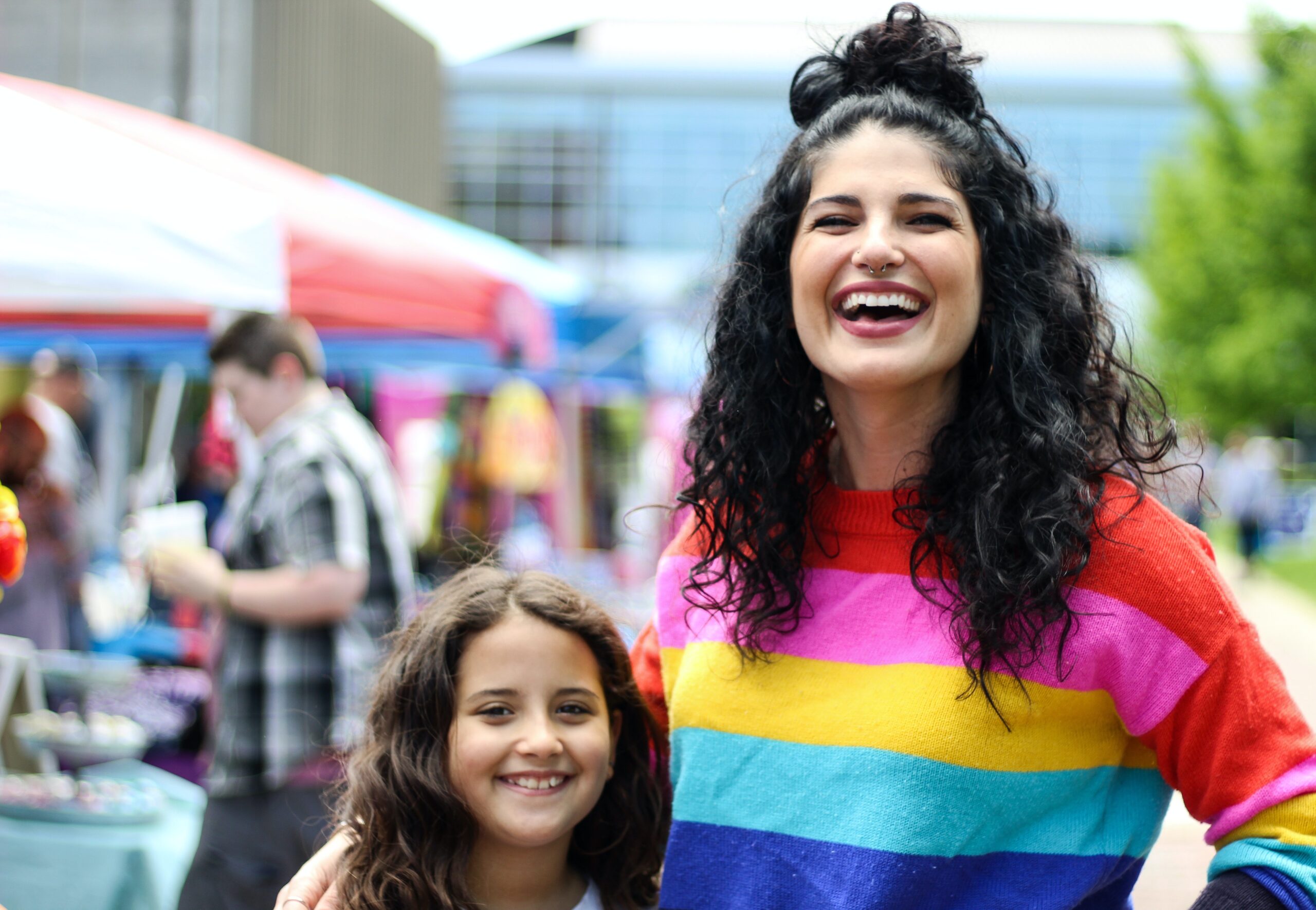
Photo Courtesy: Pexels
Tips for LGBTQ+ individuals and their friends and family
Coming out is a deeply personal and transformative experience for individuals in the LGBTQ+ community. It involves opening up about one’s sexual orientation or gender identity to family, friends, and society at large.
However, the process of coming out can be challenging. Societal stigma, lack of understanding, and potential negative reactions are all roadblocks to communication. Below I want to talk about some communication strategies and the importance of creating a safe and supportive environment for individuals as they navigate their journey of coming out.
A Safe Space for Supportive Communication 
It is so important to establish a safe space for LGBTQ+ individuals and their families to promote open communication. While many strides have been made in advancing LGBTQ+ rights, the community still encounters many challenges that necessitate a very proactive approach to protect their mental health.
Members of the LGBTQ+ community often encounter higher rates of depression, anxiety, and suicide compared to the general population due to a range of factors such as stigma, discrimination, and social isolation. Therefore, it is crucial to provide resources and support networks that specifically address these mental health concerns.
Creating a safe space entails finding an environment where individuals feel secure, respected, and free to express their authentic selves without fear of judgment. This safe space can be a physical location, such as LGBTQ+ community centers, support groups, or counseling services. Virtual platforms, online forums, and social media communities are also options. The objective is to foster understanding, acceptance, and support among individuals, their families, and the broader community.
In this space, family members and allies can learn about the experiences and perspectives of LGBTQ+ individuals and get a better understanding of how to support them. By incorporating mental health resources, individuals can access professional counseling services, support groups, and educational programs tailored to their unique needs.
An Understanding of Individual Journeys
Each person’s coming out journey is unique because every person is unique. One significant factor is age as individuals may come out at various stages of their lives. For example, a teenager coming out may navigate issues related to acceptance from their family, friends, and school community, while an older adult may be concerned about the impact on their established relationships and social networks.
Cultural and societal norms have an enormous impact. Different racial and ethnic communities may have varying levels of acceptance or understanding, which can affect both an individual’s decision to come out and their overall well-being. Acknowledging and respecting these differences is the best way to support individuals on their journey.
Religious beliefs and practices are yet another factor. Understanding and respecting religious perspectives while offering support is essential to help individuals reconcile their faith and identity. A constructive dialogue that promotes acceptance and understanding can help an individual open up about their fears and concerns.
Supportive Families and Relationships
The significance of supportive families and relationships when it comes to the process of coming out can’t be overstated. That’s because the impact of coming out is not limited to the individual but extends to their loved ones too. Family members will also need to seek support and education to better understand their LGBTQ+ loved ones.
Coming out can often present communication challenges within families. Family members may struggle to grasp the intricacies of sexual orientation or gender identity, leading to misunderstandings, miscommunication, and strained relationships.
Couples or family counseling offers an opportunity for family members to address specific issues related to their loved one’s sexual orientation or gender identity and learn more about the LGBTQ+ experience. They can also explore their own emotions, fears, and concerns in a guided environment. This creates the foundation for ongoing communication.
Support and education should not be limited to professional counseling alone. Families can also read books, attend workshops, or support groups, or find online resources that provide information and guidance
A Willingness to be Uncomfortable
It can be hard for LGBTQ+ individuals to come out. It can also be hard for a parent or spouse to hear. However, there is a transformative power that comes from pushing through these communication challenges.
As an intern, I worked with a young Latino male who sought support in coming out to his Spanish-speaking family. The teenager faced language, cultural, and religious barriers while navigating their identity. We went to his house and a translator helped him find the words to express his truth in a way that resonated with his family’s cultural context. The boy was ultimately able to gain his family’s understanding and find a greater level of acceptance and support.
Another client was a married individual who discovered later in life their homosexuality, which of course caused much personal turmoil. There are a distinct set of complexities faced by LGBTQ+ individuals who may have already established relationships and commitments before fully understanding their own sexual orientation or gender identity.
In a safe environment, the individual was able to navigate existing relationships and communicate with the spouse and family. It wasn’t easy, but the result was developing healthier and more authentic relationships.
Effective communication is crucial in supporting individuals coming out in the LGBTQ+ community. These strategies foster understanding, acceptance, and access to resources, creating safe spaces for open sharing. Active listening and empathy from friends and family promote mental well-being and acceptance for LGBTQ+ individuals.
At Oaks Counseling, we are dedicated to facilitating this process with empathy and understanding. For more information, visit OaksCounselingAssociates.com.
This blog was written by Jonathan Kolmetz, MBA, MS
Kolmetz is supervised by Megan Pollock MS, LPC-S, CST., Lic# 18400






